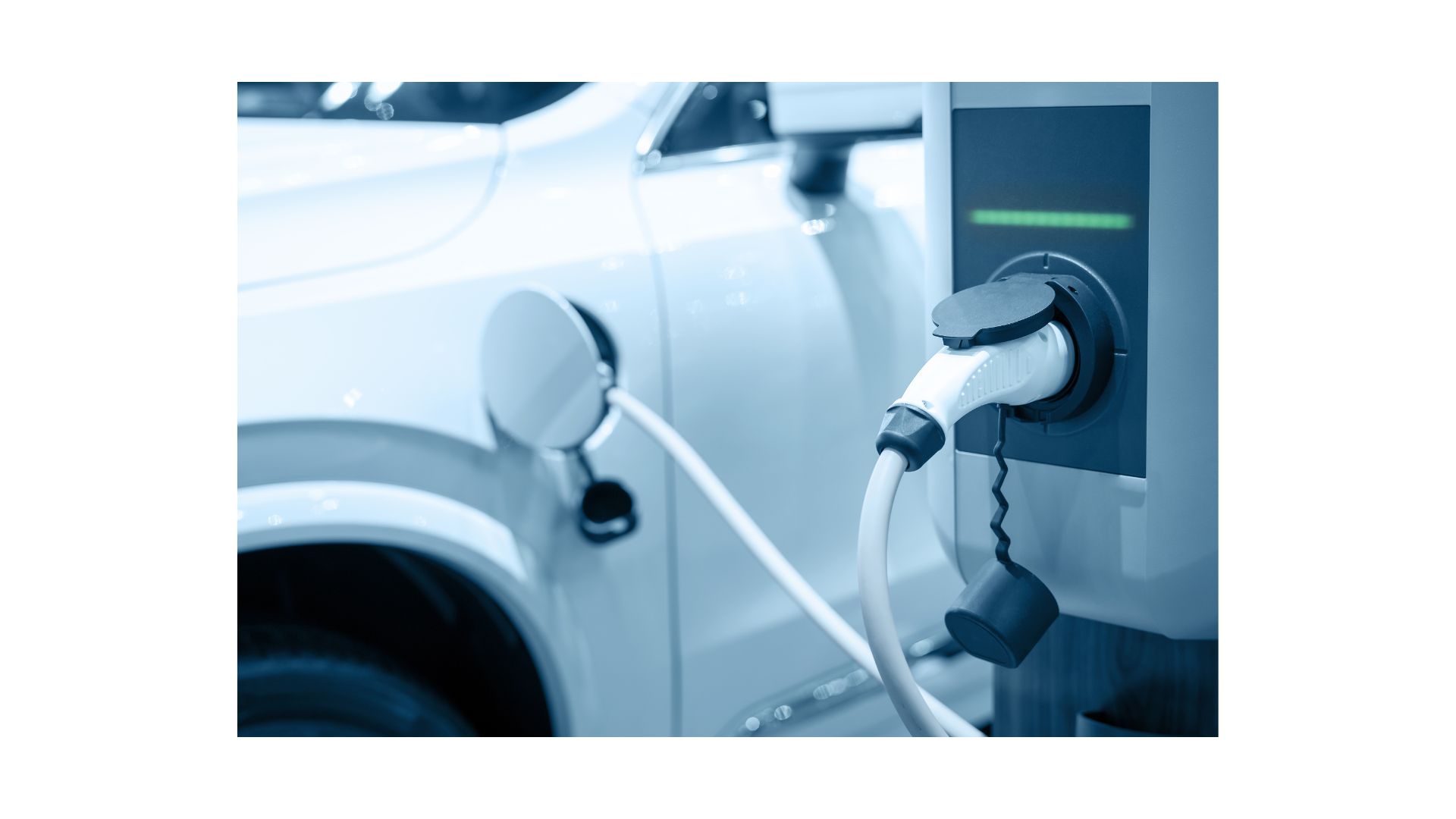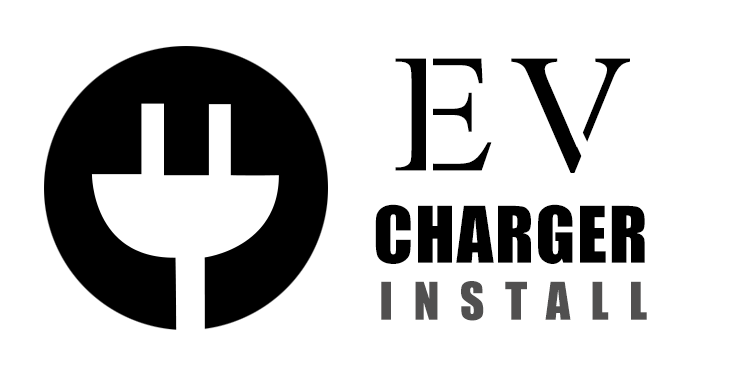
As the shift toward electric vehicles (EVs) accelerates, many states are implementing various incentives to encourage homeowners to install EV chargers. These incentives can significantly reduce the costs associated with purchasing and installing charging equipment, making it easier for consumers to transition to electric mobility. This blog provides a comprehensive state-by-state guide to EV charger installation incentives across the United States in 2024.
Understanding EV Charger Incentives
Before diving into specific states, it’s essential to understand what types of incentives are commonly offered. Incentives can include:
- Tax Credits: A percentage of the installation costs can be deducted from your state or federal tax bill.
- Rebates: Direct cash rebates offered to reduce upfront installation costs.
- Grants: Financial assistance that doesn’t require repayment.
- Utility Programs: Discounts or rebates provided by local utility companies to encourage off-peak charging or installation of EV chargers.
State-by-State Incentives
1. California
California is a leader in EV adoption and offers robust incentives for home charger installations:
- California Electric Vehicle Infrastructure Project (CALeVIP): Provides rebates ranging from $1,000 to $5,000, depending on location and income.
- Clean Vehicle Rebate Project (CVRP): Offers rebates for purchasing electric vehicles, which can complement charger installation costs.
2. New York
New York has several programs aimed at promoting EV infrastructure:
- Charge Ready NY: Provides rebates of up to $2,000 for residential charger installations.
- New York State Energy Research and Development Authority (NYSERDA): Offers additional incentives for low- and moderate-income households.
3. Texas
Texas is expanding its EV infrastructure with various incentives:
- Texas EV Infrastructure Grant Program: Offers funding for home charger installations, although specifics may vary by city.
- Utility Company Programs: Many Texas utilities provide rebates of $300 to $1,500 for installing EV chargers.
4. Florida
Florida supports EV adoption with targeted incentives:
- Florida Power & Light Company (FPL): Offers rebates of up to $500 for residential charger installations.
- Tax Exemptions: Some counties in Florida offer tax exemptions for EV charging equipment.
5. Illinois
Illinois has a strong commitment to expanding its EV infrastructure:
- Illinois Electric Vehicle Rebate Program: Provides rebates of up to $1,500 for residential EV charger installations.
- ComEd’s EV Incentive Program: Offers incentives for home charger installations and time-of-use rates for EV charging.
6. Massachusetts
Massachusetts encourages EV adoption with several incentive programs:
- Massachusetts Electric Vehicle Incentive Program (EVIP): Offers rebates of up to $2,500 for home charger installations.
- Utility Company Rebates: Many local utilities provide additional rebates for EV charger installations.
7. Washington
Washington State is promoting electric mobility through several initiatives:
- Washington State Department of Transportation (WSDOT): Offers grants for home charger installations through the Electric Vehicle Infrastructure Program.
- Puget Sound Energy: Provides rebates for home EV chargers, usually around $500.
8. Oregon
Oregon is known for its environmental initiatives, including EV incentives:
- Oregon Electric Vehicle Rebate Program: Offers rebates of up to $2,500 for the purchase of electric vehicles and additional rebates for home chargers.
- Utility Programs: Various local utilities offer rebates and incentives for home charger installations.
9. Colorado
Colorado has been proactive in promoting electric vehicle infrastructure:
- Colorado EV Grants: Provides funding for home charger installations, with amounts varying based on location and type of installation.
- Utility Rebates: Many utilities in Colorado offer incentives that can range from $500 to $1,500 for home charging equipment.
10. Nevada
Nevada has implemented several programs to encourage EV adoption:
- Nevada Electric Vehicle Infrastructure Project: Provides grants for home charger installations, especially in underserved communities.
- Utility Rebates: NV Energy offers incentives for home charging installations, generally around $500.
11. New Jersey
New Jersey is committed to increasing EV infrastructure:
- New Jersey Board of Public Utilities (NJBPU): Offers rebates of up to $5,000 for home charger installations through the EV Charger Program.
- Tax Credits: Homeowners can receive a state tax credit for a portion of their installation costs.
12. Virginia
Virginia is ramping up its support for electric vehicles:
- Virginia Clean Cities: Offers grants and incentives for residential charger installations, with amounts varying based on the program specifics.
- Utility Rebates: Dominion Energy provides rebates for residential EV charger installations, typically around $300.
13. Maryland
Maryland has established several incentives to promote electric mobility:
- Maryland Electric Vehicle Infrastructure Program: Offers rebates of up to $900 for home charger installations.
- Utility Programs: Several utility companies in Maryland provide rebates and reduced rates for EV charging.
14. Pennsylvania
Pennsylvania is fostering EV adoption with targeted programs:
- Pennsylvania Department of Environmental Protection (DEP): Offers grants for residential charger installations through various programs.
- Utility Rebates: Many utilities offer incentives for installing EV chargers, typically around $500.
How to Access These Incentives
1. Research Local Programs
Each state has different eligibility criteria and application processes. Start by visiting your state’s energy office website or the Department of Transportation for detailed information.
2. Consult with Professionals
Working with a certified electrician or an EV charger installation company can help you navigate the incentives available in your area. They can also ensure your installation meets the necessary standards to qualify for rebates and credits.
3. Keep Documentation
Maintain thorough records of all expenses related to your charger installation, including receipts and any correspondence with utility companies or government agencies. This documentation will be essential when applying for tax credits or rebates.
4. Consider Combining Incentives
In many cases, you can stack incentives, such as federal tax credits and state rebates. Make sure to check the eligibility requirements to maximize your savings.
Conclusion
As electric vehicles become increasingly popular, state and local governments are stepping up to provide significant incentives for home EV charger installations. From tax credits and rebates to utility programs, there are various opportunities available across the country to help reduce installation costs.
By taking advantage of these incentives, you can not only make EV ownership more affordable but also contribute to a more sustainable future. As you consider installing a home EV charger, be sure to explore the specific programs available in your state, and start your journey toward cleaner transportation today.
